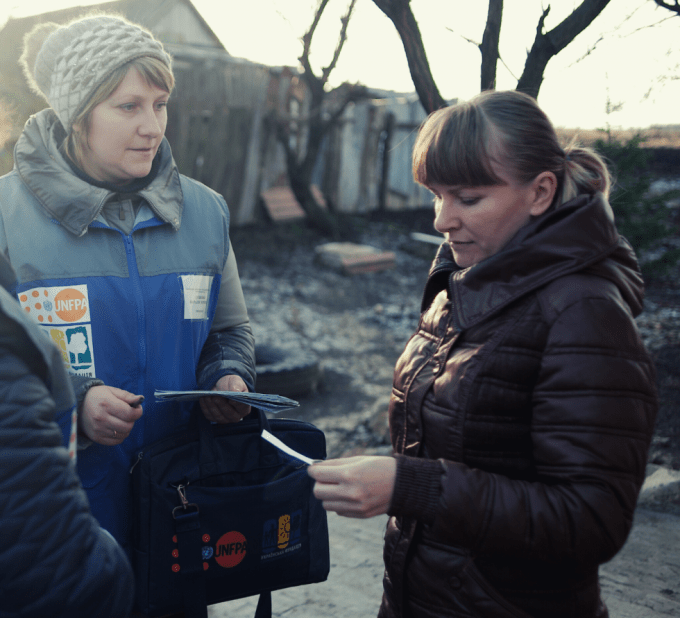The pandemic of COVID-19 makes necessary studying the consequences of global pandemics through gender lens. The availability of gender analysis is very important from the point of view of increasing the effectiveness of the pandemic response. The current coronavirus crisis has shown that men and women are not equally exposed to the effects of global pandemics and in many cases, women are more vulnerable:
• During pandemics, the women are affected by increased burden of household responsibilities (e.g., helping children with their studies following temporary shutdown of educational institutions; increasing caregiving duties towards family members etc.), which further restricts access of women to already limited economic and financial resources in the context of social isolation;
• Cases of gender-based violence tend to increase in any crisis, including pandemics, and the women constitute the predominant majority of those subject to various forms of abuse. The women become exposed to continued violence perpetrated by their intimate partners and other family members in the conditions of social isolation;
• As in all crisis situations, ensuring women's sexual and reproductive health and rights is a significant public health issue that requires particular attention during pandemics. Provision of family planning and other sexual and reproductive health commodities are central to women’s health, empowerment, and sustainable development and may be impacted as supply chains undergo strains from pandemic response;
• Women constitute the main workforce engaged in the spheres that require provision of care services. According to the data from UNFPA, 70% of employees of the health care and social services system around the world are women, which is stipulated by the deeply-rooted social norms and gender roles traditionally attached to women;
• As in the vast majority of cases, women are usually less likely to have power in decision making around the issues concerning pandemic at a global level.
All scenarios and experiences, faced both by men and women, should be taken into account in the global decision-making process so as to provide equal assistance to everyone during the crisis. The current pandemic of COVID-19 necessitates availability of sex-disaggregated data to better understand how men and women are affected, as well as economic consequences of the disease, distribution of social and healthcare services and the scale of gender-based violence. It would also be another manifestation of recognition of the hard and unprecedented work of women combatting COVID-19 on the frontline.
In parallel, gender-based violence referral pathways should be updated to reflect changes in available care facilities, while key communities and service providers must be informed about those updated pathways. Thus, it would be possible to ensure sustainable protection of the rights of women and girls exposed to the risk of gender-based violence, even in the times of crisis.


